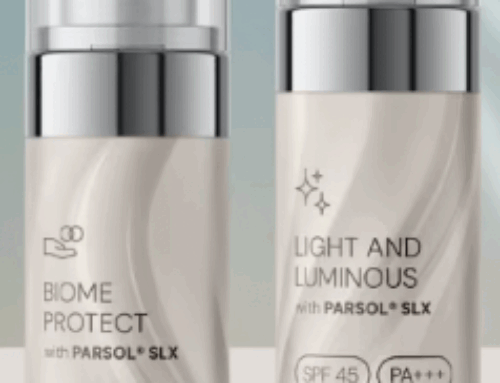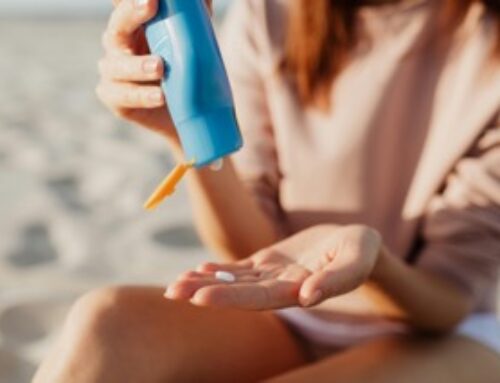The skin exposome represents the totality of external and internal factors influencing skin health throughout life. It includes environmental exposures, lifestyle choices, and biological processes, all of which interact with genetics to shape the skin’s appearance and health. Understanding the exposome allows us to better prevent and address skin aging and various dermatological conditions.
Key Components of the Skin Exposome
The exposome is multifaceted, encompassing factors such as:
- UV Radiation: A major cause of skin damage, photoaging, and photocarcinogenesis. Chronic UV exposure degrades collagen and elastin, leading to wrinkles, pigmentation, and loss of elasticity.
- Air Pollution: Particulate matter, nitrogen dioxide, and ozone contribute to oxidative stress, pigmentation, and skin aging. These pollutants trigger inflammatory responses and deplete antioxidants in the skin.
- Climate: Temperature extremes, humidity, and seasonal variations can disrupt skin hydration and barrier function.
- Lifestyle Choices: Poor diet, lack of sleep, and stress contribute to inflammation and weaken the skin’s repair mechanisms.
- Hormonal Fluctuations: Shifts during puberty, pregnancy, menopause, and aging influence oil production, collagen synthesis, and skin elasticity.
- Psychological Stress: Chronic stress exacerbates inflammatory skin conditions like acne, eczema, and psoriasis.
- Nutrition: Deficiencies or excesses in certain nutrients impact skin processes such as glycation, inflammation, and repair.
The Exposome and Skin Aging
Research indicates that environmental and lifestyle factors account for up to 80% of visible skin aging, while genetics play a smaller role. Key pathways influenced by the exposome include:
- Oxidative Stress: UV radiation, pollution, and poor nutrition increase free radical production, damaging cells and proteins.
- Inflammation: Chronic exposure to stressors triggers a pro-inflammatory state that degrades collagen and other extracellular matrix proteins.
- Glycation: High sugar diets contribute to the formation of advanced glycation end products (AGEs), which reduce skin elasticity and increase wrinkling.
Protective Strategies Against Exposome Damage
To mitigate the effects of exposome factors, consider the following:
- Comprehensive Sun Protection:
- Use broad-spectrum sunscreen with protection against UVA, UVB, and visible light.
- Incorporate antioxidants into skincare to combat oxidative damage from infrared radiation.
- Antioxidant Skincare:
- Products with vitamins C and E, resveratrol, and niacinamide neutralize free radicals and support skin repair.
- Barrier Repair:
- Moisturizers containing ceramides, hyaluronic acid, and glycerin help restore the skin’s protective barrier.
- Dietary Improvements:
- Emphasize a diet rich in fruits, vegetables, and omega-3 fatty acids to reduce inflammation.
- Avoid excessive sugar and processed foods to limit glycation.
- Lifestyle Modifications:
- Prioritize sleep to enable skin regeneration.
- Manage stress through mindfulness or relaxation techniques to prevent inflammatory flare-ups.
- Professional Treatments:
- Advanced therapies like chemical peels, microneedling, and laser resurfacing can target exposome-related damage.
The Future of Skincare and the Exposome
Addressing the skin exposome is a holistic approach to skincare. By recognizing the interplay of environmental, lifestyle, and biological factors, individuals can take proactive measures to maintain youthful and resilient skin.





